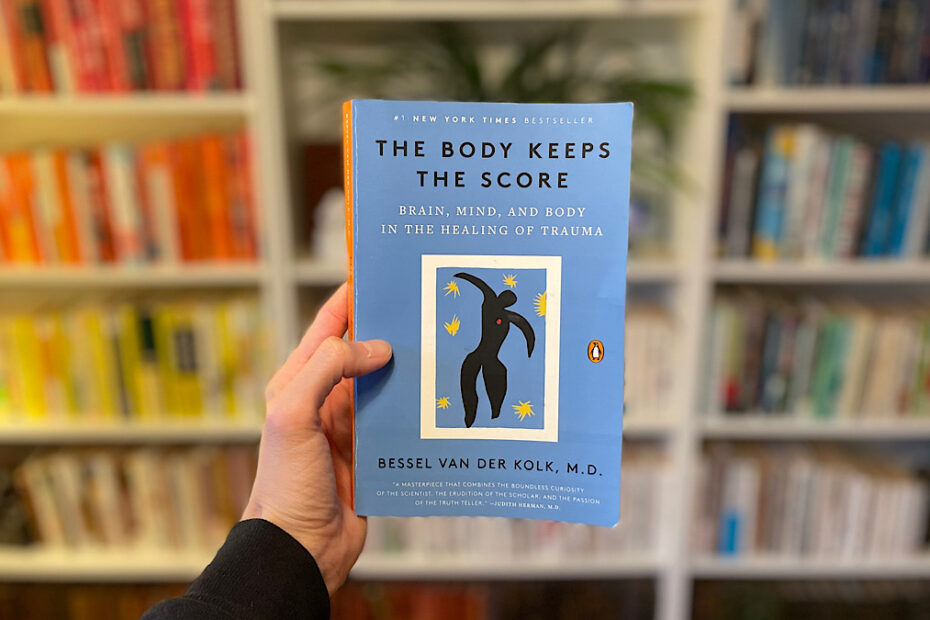40 Bessel van der Kolk Quotes on Trauma and Healing from The Body Keeps The Score
Excerpt: A deeply insightful collection of quotes on trauma and healing from one of the world’s foremost experts on trauma, Bessel van der Kolk.
Read More »40 Bessel van der Kolk Quotes on Trauma and Healing from The Body Keeps The Score

